How does someone write a business book about mice looking for cheese? Even better—how does such a book become a mega-bestseller?
That’s the most surprising thing about Who Moved My Cheese. When it was first published in 1998, it sold 21 million copies in just 5 years! (And tens of millions more copies after that.)
After you begin reading the story, it becomes a little easier to understand why this book has been so popular. You’ll soon realize you are not really reading about four characters, but about different parts of yourself. This book shines light on how we all resist change, fear the unknown, but eventually must adapt or die.
Who is Spencer Johnson?
Spencer Johnson was a medical doctor and author. He’s best known for writing this book Who Moved My Cheese? and another bestseller called The One Minute Manager. He also wrote a series of children’s books called ValueTales, with each book highlighting a historical person who exemplified a value like honesty, fairness, persistence, etc.
Now let’s begin this Who Moved My Cheese? summary with lesson number one…
🧀 1. Things change: Our cheese is always being moved
The book begins with a realistic scenario. In Chicago, a group of former classmates are enjoying a high school reunion. They are talking about how much all their lives have changed over the last several years. Then one of them wants to share a story he heard that has helped him face change. And this is when the main story begins.
So in a different land, there was a maze where there lived two mice and two Littlepeople. The mice were called Sniff and Scurry. The Littlepeople were called Hem and Haw. The Littlepeople were the same size as the mice, but their minds were like regular people’s, so their thoughts and emotions often overcomplicated their lives.
Both the mice and the Littlepeople lived at Cheese Station C because there was a large supply of delicious cheese to eat. The Littlepeople quickly became used to the cheese, assuming it would always be there for them. The cheese made them feel safe and comfortable, and they built their lives around it.

But one day, the situation at Station C suddenly changed and there was no more cheese! The mice simply left to look for more cheese. They sniffed and scurried down the corridors, disappearing into the maze.
However, the Littlepeople Hem and Haw reacted very differently:
- They shouted and cried in disbelief.
- They felt it was unfair the cheese had gone through no fault of their own.
- They wasted a lot of time wishing and hoping and looking for the cheese to come back.
- They believed they were too old to run around again looking for new cheese, and they would probably embarrass themselves anyway.
(Obviously, in this story the cheese is a symbol or metaphor for anything in our lives that make us feel happy, secure and successful. This includes a good job, relationship, nice condo, etc.)
In a maze lived two mice and two Littlepeople. Suddenly the supply of cheese they relied on disappeared. The mice simply went to search for new cheese. However, the Littlepeople complicated the situation with their thoughts and emotions, complaining about how terrible and unfair it was.
🚶 2. Move on: You’ll find new cheese faster by letting go sooner
Haw slowly accepts that the cheese is not coming back. So he dusts off his old running shoes and cautiously walks into the maze outside. But before he leaves, he uses a rock to scratch a message on the wall for Hem to think about which says:
If you do not change, you can become extinct.
Haw feels anxious, he feels scared, but he moves forward anyway. The unfamiliar maze makes him feel lost and confused. As he explores the corridors, he leaves more messages on the walls to help encourage him. He also hopes Hem will find the messages later. The next message reads:
The quicker you let go of old cheese, the sooner you find new cheese.
By the way, the bestselling self-help book of all time is probably The 7 Habits of Highly Effective People by Steven Covey. In that book the first habit is to “Be Proactive.” This means taking responsibility to create our life situation rather than seeing ourselves as a helpless victim of circumstance.
The first step in being proactive is focusing on things we have the ability to change, rather than focusing on parts of our lives that are outside of our control. In this story, Haw decides to be proactive by no longer crying about the old cheese being gone, and setting out on a journey for new cheese despite his fear. Learn more in our full summary of The 7 Habits of Highly Effective People.
Haw accepts the cheese is gone and sets out to search for new cheese. Although he feels anxious, he knows the only way to survive is by embracing change and moving forward past his comfort zone.
💭 3. Use imagination: Seeing better new cheese in your future keeps you inspired
After running outside for a short time, Haw is surprised that he is starting to feel a lot better. Movement in a purposeful direction makes him feel more alive than before. Haw finds some small pieces of cheese that keep him going. He begins to see that most of his fears had been exaggerated because there is always New Cheese to be found somewhere out there. On the wall he writes:
It is safer to search in the maze, than remain in a cheeseless situation.
Haw uses his imagination to motivate and inspire himself. He imagines eating New Cheese that tastes better than anything he’s eaten before. He starts to believe that he may not only find cheese again, but maybe he could have an even BETTER life situation than before!
In the popular classic success book Think and Grow Rich, the author Napoleon Hill interviewed 500 millionaires to find out how they became wealthy. He discovered the most important thing they all had in common was… A BURNING DESIRE.
Hill wrote: “The starting point of all achievement is DESIRE. Keep this constantly in mind. Weak desire brings weak results, just as a small fire makes a small amount of heat.” In this story, Haw is increasing his desire through imagining great new cheese in his future. Hear more classic success advice in our summary of Think and Grow Rich.
Movement in a purposeful direction started to make Haw feel good. He motivates himself by imagining his future situation could be even better than what he used to have, with lots of great new cheeses.
🕰️ 4. Be prepared: Expect change to happen and it’ll disturb you less
Eventually Haw arrived at Cheese Station N where there was a big supply of cheese. The two mice from the beginning of the story were already eating at the station. In fact, they had arrived a lot sooner because they had simply taken action when the cheese disappeared. They didn’t overanalyze the situation like the Littlepeople. Haw nibbled the new cheese happily, but he also spent a lot of time thinking about his past behavior.
When his old cheese moved, he’d been totally unprepared. However, looking back there had been many small signs he could have seen. So in the future he resolved to:
- Expect change and keep a close eye on his cheese.
- Explore the area outside the cheese station constantly to remain alert and informed.
- Most of all, he’d move on faster by laughing at himself sooner.
He wrote on the wall:
Noticing small changes early helps you adapt to the bigger changes that are to come.
In the future, Haw will be prepared for change by closely monitoring his cheese for small signs of changes and constantly exploring the outside to remain informed.
Conclusion
So the book finishes by shifting back to the high school reunion. The former classmates discuss the story and how they can each relate to Haw’s journey. They share past experiences with difficult changes including:
- losing a good job,
- having to close some stores in the family business, and
- dealing with new technology that made some old work obsolete.
(As someone who runs an online businesses, I definitely relate to this story! Digital technologies and marketing are constantly evolving. Sometimes it does feel difficult to keep up. For example, Google, Youtube and Facebook are constantly changing their rules for content creators and advertisers. This is why constant self-education is especially important to me.)
In the end, the classmates agreed they didn’t like change, but it often did lead to something better. They also agreed leadership is communicating a bright vision of new cheese to help people move into the unknown past their discomfort. I think that’s the best way to end this summary!
A great book you can look at next is Meditations by Marcus Aurelius. He was a powerful roman emperor and big promoter of the philosophy of Stoicism. Stoicism is a way of looking at life that can help us remain solid in the face of life’s constant changes and catastrophes.
For example, Marcus Aurelius says we can “turn our obstacles into fuel.” In other words, each new challenge we face can be like a log that we throw onto our inner fire, which helps propel us forward like a rocket. He wrote,“So remember this principle when something threatens to cause you pain: the thing itself was no misfortune at all; to endure it and prevail is great good fortune.” Learn more ancient wisdom in our full summary of Meditations by Marcus Aurelius.

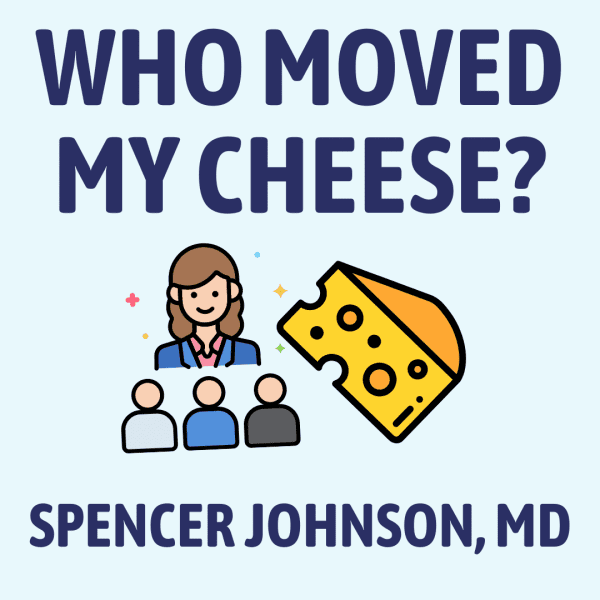
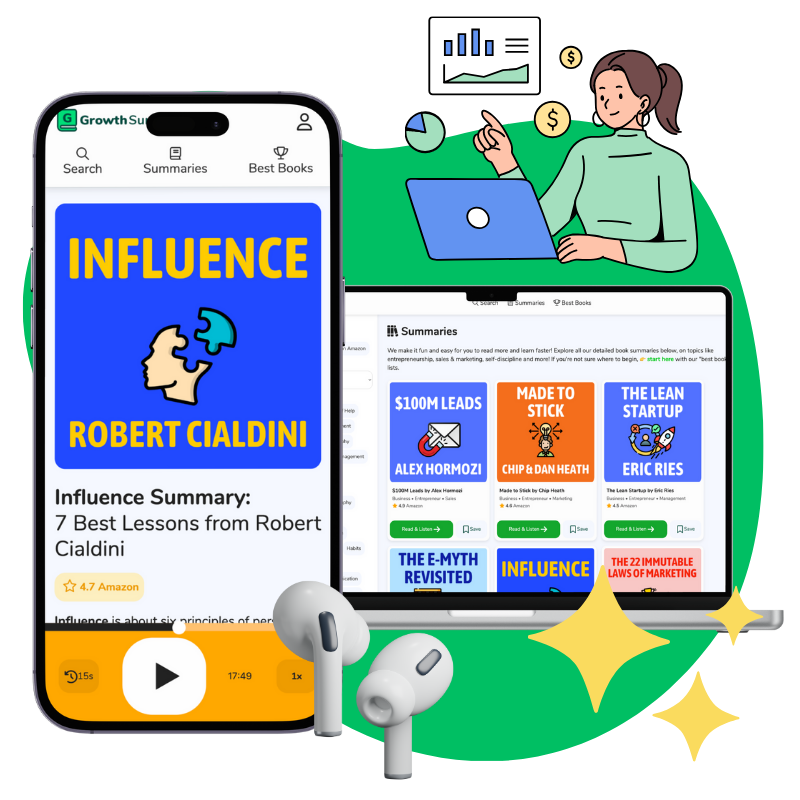
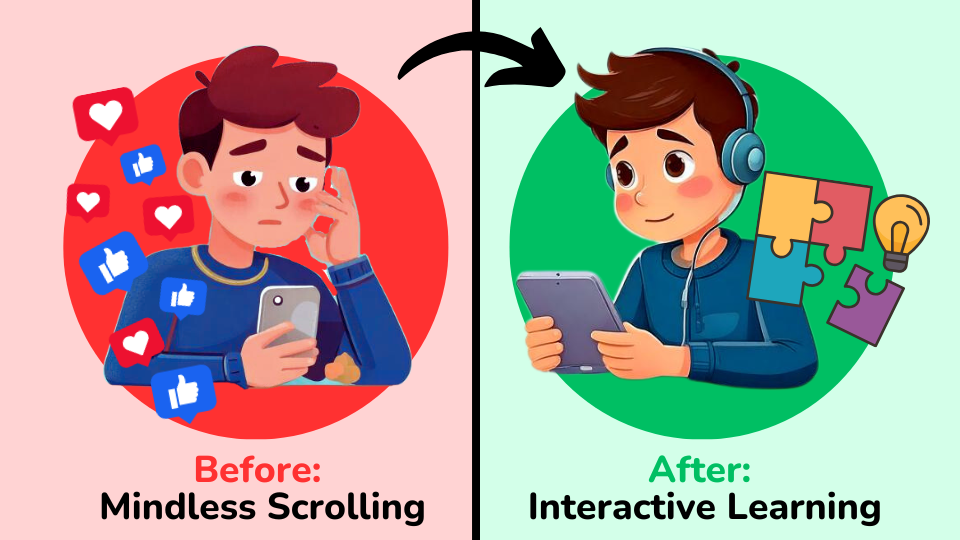










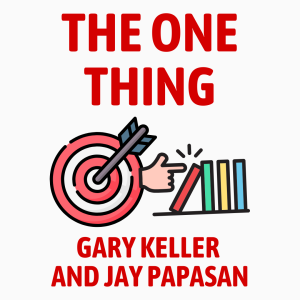
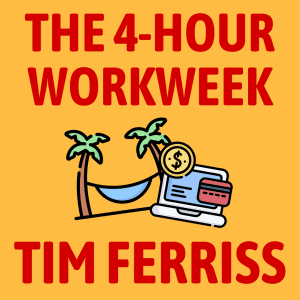

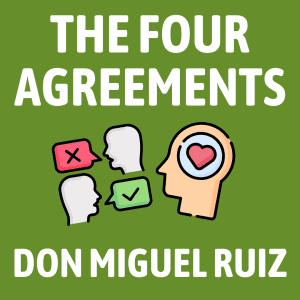
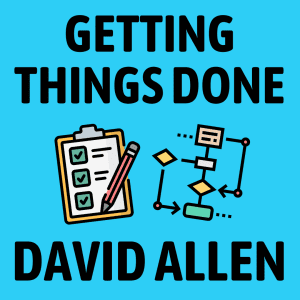
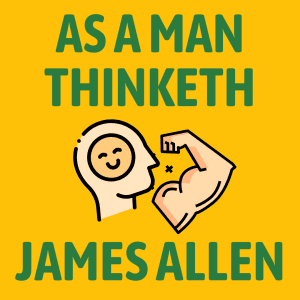
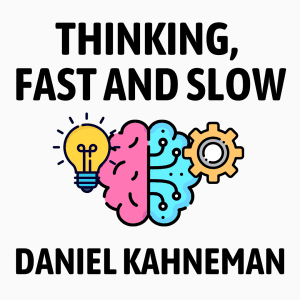







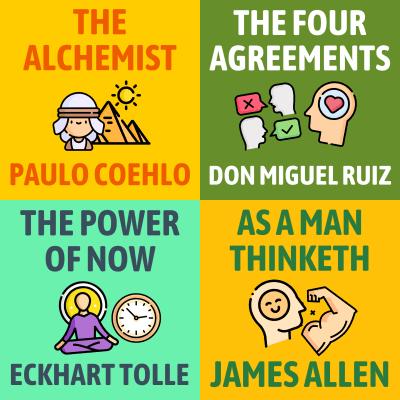
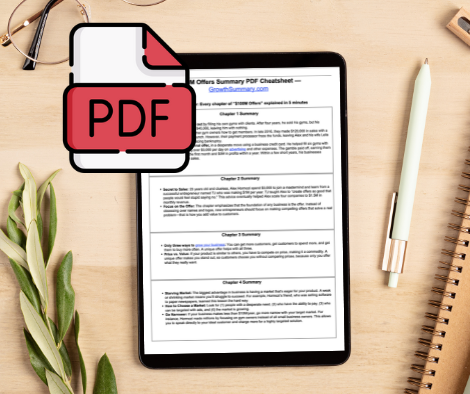
Community Notes